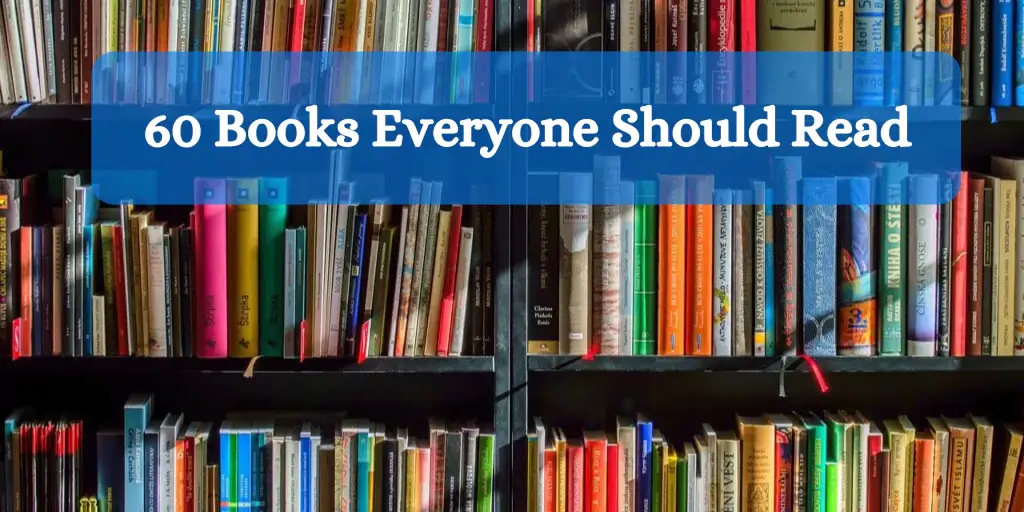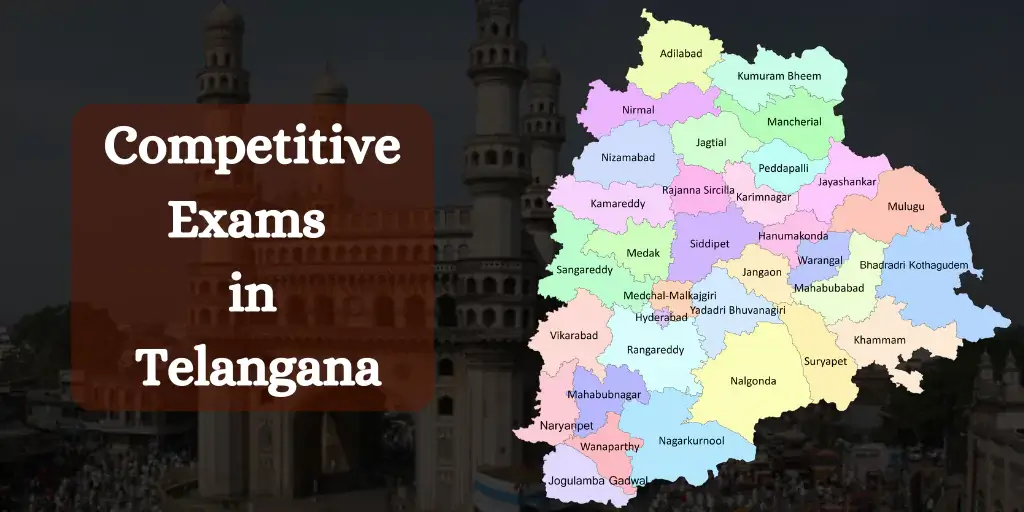Recently updated on January 17th, 2025 at 12:29 pm
Books have the power to inspire, educate, and transform the way we see the world. Whether you’re looking for timeless classics, thought-provoking non-fiction, or gripping modern tales, this list of 60 Essential books offers something for everyone. These stories span different genres and cultures, providing wisdom, adventure, and unforgettable experiences. No matter where you are in your reading journey, these books deserve a place on your shelf. Dive in and discover the stories that have shaped minds and changed lives.
Fiction:
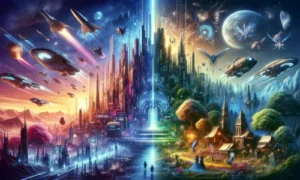
- To Kill a Mockingbird by Harper Lee – A classic novel exploring themes of racial injustice and moral growth in the American South.
- 1984 by George Orwell – A dystopian novel that explores the consequences of a totalitarian society.
- One Hundred Years of Solitude by Gabriel Garcia Marquez – A magical realist novel chronicling the Buendía family in the fictional town of Macondo.
- The Great Gatsby by F. Scott Fitzgerald – A tale of wealth, love, and the American Dream during the Jazz Age.
- Brave New World by Aldous Huxley – A dystopian novel examining the implications of a society controlled by technology and consumerism.
- The Catcher in the Rye by J.D. Salinger – A classic novel narrated by Holden Caulfield, a disenchanted teenager navigating the challenges of adolescence.
- The Alchemist by Paulo Coelho – A philosophical novel about Santiago, a shepherd boy, on a journey to discover his legend and fulfil his dreams.
- The Kite Runner by Khaled Hosseini – A poignant story about friendship, betrayal, and redemption set against the backdrop of Afghanistan’s tumultuous history.
- The Handmaid’s Tale by Margaret Atwood – A dystopian novel that explores themes of power, gender, and control in a theocratic society.
- The Lord of the Rings by J.R.R. Tolkien – An epic fantasy trilogy that follows the quest to destroy the One Ring and save Middle-earth.
- Beloved by Toni Morrison – A powerful novel exploring the legacy of slavery and the haunting effects it has on individuals and communities.
- The Road by Cormac McCarthy – A post-apocalyptic tale of a father and son’s journey through a desolate landscape, exploring themes of survival and hope.
- The Shadow of the Wind by Carlos Ruiz Zafón – A mystery set in post-World War II Barcelona, intertwining love, literature, and the consequences of the Spanish Civil War.
- The Girl with the Dragon Tattoo by Stieg Larsson – A gripping mystery novel featuring investigative journalist Mikael Blomkvist and hacker Lisbeth Salander.
- The Hitchhiker’s Guide to the Galaxy by Douglas Adams – A humorous science fiction series following the misadventures of Arthur Dent as he travels through space.
Non-Fiction:
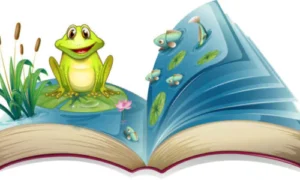
- Sapiens: A Brief History of Humankind by Yuval Noah Harari – An exploration of the history and impact of Homo sapiens on the world.
- The Immortal Life of Henrietta Lacks by Rebecca Skloot – A biography that delves into the ethical implications of medical research using Henrietta Lacks’ cells.
- The Power of Habit: Why We Do What We Do in Life and Business by Charles Duhigg – A study on the science of habits and how they can be transformed.
- Thinking, Fast and Slow by Daniel Kahneman – An exploration of the two systems that drive human thought processes: the fast, intuitive system and the slow, deliberate system.
- Educated by Tara Westover – a memoir about a woman who grows up in a strict and abusive household but eventually escapes to learn about the world through education.
- Quiet: The Power of Introverts in a World That Can’t Stop Talking by Susan Cain – An exploration of introversion and the value it brings to a society that often celebrates extroversion.
- The Wright Brothers by David McCullough – biography chronicling the lives and achievements of aviation pioneers Orville and Wilbur Wright.
- Homo Deus: A Brief History of Tomorrow by Yuval Noah Harari – A thought-provoking examination of the future of humanity, exploring potential developments in technology, politics, and more.
- The Sixth Extinction: An Unnatural History by Elizabeth Kolbert – An exploration of mass extinctions throughout Earth’s history and the impact of human activities on biodiversity.
- Into the Wild by Jon Krakauer – A true story about Christopher McCandless, who leaves society behind to live in the Alaskan wilderness, exploring themes of self-discovery and nature.
- Blink: The Power of Thinking Without Thinking by Malcolm Gladwell – A book exploring the power of intuition and snap judgments, and how they can shape decision-making.
- The Emperor’s New Mind: Concerning Computers, Minds, and the Laws of Physics by Roger Penrose – A thought-provoking exploration of consciousness and the limits of artificial intelligence.
- The Immortal Irishman: The Irish Revolutionary Who Became an American Hero by Timothy Egan – A biography of Thomas Francis Meagher, an Irish revolutionary who later became a general in the American Civil War.
- The Emperor of Ocean Park by Stephen L. Carter – A legal thriller exploring themes of race, privilege, and family secrets.
- Lab Girl by Hope Jahren – A memoir by a geobiologist, offering insights into her life in science, the natural world, and personal challenges.
Classics:
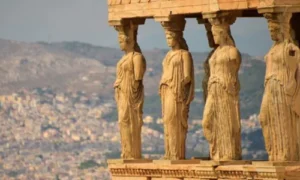
- Crime and Punishment by Fyodor Dostoevsky – A psychological novel exploring morality, guilt, and redemption.
- Jane Eyre by Charlotte Brontë – A classic novel focusing on the moral and spiritual development of the orphaned Jane Eyre.
- Moby-Dick by Herman Melville – A novel that delves into themes of obsession, revenge, and the nature of good and evil.
- Pride and Prejudice by Jane Austen – A classic romance novel exploring social class, manners, and morality in early 19th-century England.
- The Odyssey by Homer is – An epic poem chronicling the adventures of Odysseus as he tries to return home after the Trojan War.
- Wuthering Heights by Emily Brontë – A gothic novel that explores themes of love, revenge, and the supernatural on the Yorkshire moors.
- The Brothers Karamazov by Fyodor Dostoevsky – A philosophical novel examining morality, faith, and the complexities of family relationships.
- The Count of Monte Cristo” by Alexandre Dumas is an – adventure novel that follows Edmond Dantès’ quest for revenge and redemption after being wrongfully imprisoned.
- Fahrenheit 451 by Ray Bradbury – A dystopian novel that explores the consequences of a society where books are banned and “firemen” burn any that are found.
- Anna Karenina by Leo Tolstoy – A tragic tale of love and societal expectations set against the backdrop of 19th-century Russia.
- A Tale of Two Cities by Charles Dickens – A historical novel set in London and Paris before and during the French Revolution, exploring themes of resurrection and sacrifice.
- The Grapes of Wrath by John Steinbeck – A classic novel depicting the struggles of the Joad family during the Great Depression, addressing social and economic issues.
- Crime and Punishment by Fyodor Dostoevsky – A psychological thriller exploring the moral consequences of crime and redemption.
- The Picture of Dorian Gray” by Oscar Wilde – novel about the corruption of innocence and the consequences of a hedonistic lifestyle.
- Heart of Darkness by Joseph Conrad – A novella exploring the dark realities of colonialism and human nature in the Congo.
Science and Philosophy:
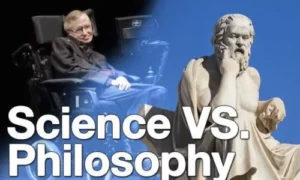
- Cosmos by Carl Sagan – A journey through space and time, exploring the wonders of the universe.
- Man’s Search for Meaning by Viktor E. Frankl – A psychological exploration of finding purpose and meaning in the face of suffering.
- The Selfish Gene by Richard Dawkins – A groundbreaking work on evolutionary biology, exploring the gene’s role in natural selection.
- The Tao of Physics by Fritjof Capra – An exploration of the connections between modern physics and Eastern mysticism.
- Sophie’s World by Jostein Gaarder – An introduction to philosophy through a fictional narrative, making complex ideas accessible.
- Gödel, Escher, Bach: An Eternal Golden Braid by Douglas Hofstadter – A Pulitzer Prize-winning exploration of the connections between the works of Gödel, Escher, and Bach, touching on the nature of human thought.
- The Structure of Scientific Revolutions by Thomas S. Kuhn is – A seminal work that introduced the concept of paradigm shifts in the history of scientific thought.
- The Emperor of All Maladies: A Biography of Cancer by Siddhartha Mukherjee – A comprehensive history of cancer, exploring its biological and cultural aspects.
- The God Delusion by Richard Dawkins – A critique of religion and an exploration of the scientific worldview.
- The Art of War by Sun Tzu – An ancient Chinese text on military strategy and tactics, offers insights into leadership and conflict resolution.
- The Elegant Universe: Superstrings, Hidden Dimensions, and the Quest for the Ultimate Theory by Brian Greene – An exploration of string theory and the quest for a unified theory of physics.
- The Gene: An Intimate History by Siddhartha Mukherjee – A comprehensive history of genetics, exploring the scientific and ethical implications of our understanding of genes.
- Guns, Germs, and Steel: The Fates of Human Societies by Jared Diamond – A Pulitzer Prize-winning exploration of the role of geography and biology in shaping human history.
- The Art of Loving by Erich Fromm – A philosophical exploration of the nature of love and its significance in human life.
- Being Mortal: Medicine and What Matters in the End by Atul Gawande – A reflection on mortality, ageing, and the role of medicine in end-of-life care.


